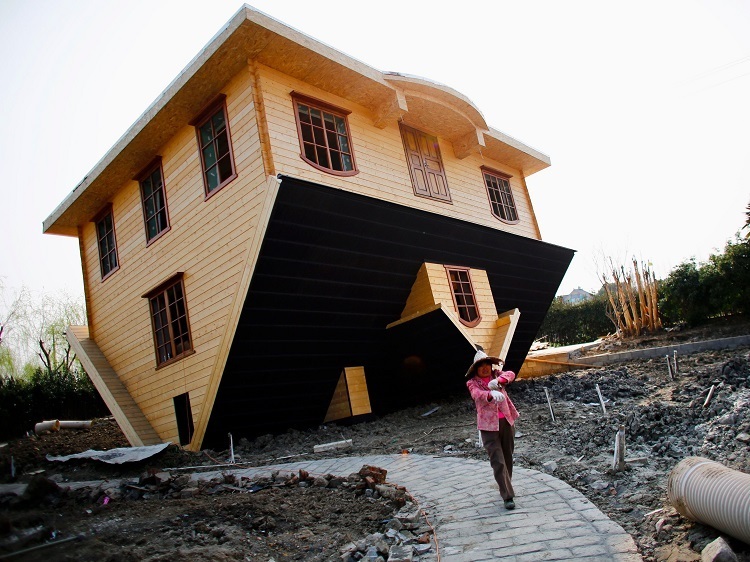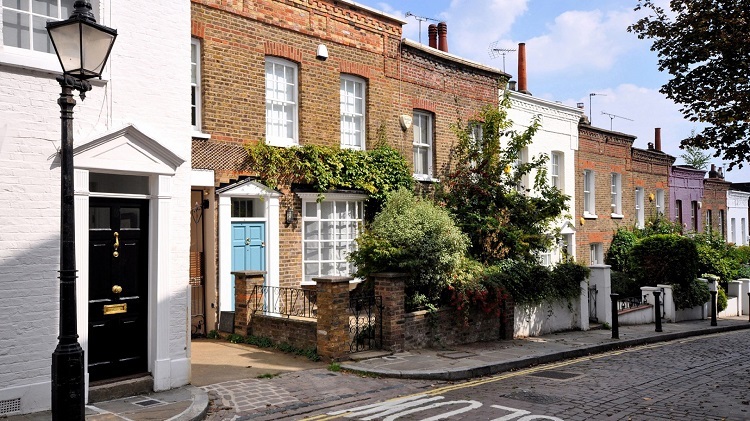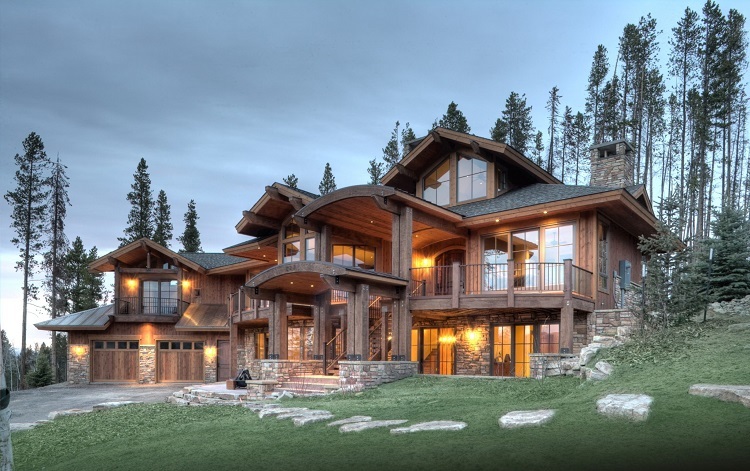Investing in a second property can be a great way to generate wealth and build your financial portfolio. Everyone has heard a story about people who have done very well in the real estate market, however before committing to this route, I suggest doing a bit of research first in order to be sure it is for you. While it may seem straightforward, investing in rental housing is typically more complicated than first meets the eye.
Being an educated investor is important to make sure you are proactive and knowledgeable about real estate in your area, and you are also well-versed in the rental market and the role of being a landlord. If you take your time and do not jump too quickly you may find this option to be a lucrative investment path. If you are considering Penticton real estate you will find many great investment properties to choose from. Just remember to keep these tips in mind.
Table of Contents
Do a Budget
As with any big investment you want to be sure it fits into your financial budgetary demands. There is nothing worse than taking the plunge only to find out after you don’t have the money to cover repairs or house maintenance on the secondary property. Doing a budget on both your primary residence and the rental home will give you the bottom line and inform what you can afford to comfortably invest. Plan for a little extra in savings just in case.
Research the Current Real Estate Market
While you can buy an investment property when the market is high this is definitely not the ideal time. In slower markets you can pick up a house for a much cheaper price. However you should also educate yourself about the rental market. When houses cost less it is often more difficult to find suitable or available renters. Doing your due diligence here means you won’t be in for any surprises after the fact. A rental property without renters is problematic.
Prepare for a Larger Downpayment
Though you may have put 10 percent down on your primary property be prepared to have a downpayment of at least 20 percent for an investment house. As there is more risk associated with a secondary residence, lenders want borrowers to come up with a more sizeable payment. Mortgage insurance does not usually cover rental properties so you will not find much wriggle room here. Smaller lenders may be a little bit more flexible.
Calculate Monthly Expenses
When putting together projected monthly expenses be sure to err on the high side rather than on the lower one. Look at what you put into your current home and add the extra expenses the second property will have. If you are planning to deal with a property manager add this to the cost of doing business. It is suggested that putting a dollar amount on future repairs and maintenance can give you a clearer idea of true monthly expenses.
Find a Good Location
Buying an investment property probably means renting it in order to cover the costs of owning the home. With this in mind look for a house in an area that is easy to find renters in. Many buyers chose to purchase near universities or in dense high traffic areas. Renting a home in the suburbs or country may be much more difficult than in a more urban setting. While the house price is likely higher the rental rates in trendy areas should offset it.
Purchase a Move-In Ready House
It is much smarter to buy a property that potential tenants can move into right away rather than a fixer-upper. While it may seem like a good idea to buy the cheaper more rundown older home you are missing out on the much needed rental revenue to cover your bills. If the house you choose is move-in ready you can move renters in shortly after the possession date and therefore you start collecting rent immediately.
Be Ready to Work
It is true that money made from investments properties is not like working a full-time job however it takes time and effort on your part to keep it running smoothly. Be prepared to be a proactive landlord if you want to keep your tenants happy and in the home for the long-term. Even if you hire a property manager there is still stuff to do. Maintaining the property is important so it doesn’t get run down.









